27.000
tons of waste per year
at designed capacity
Due to the requirement to offer property-proximate collection of packaging waste by 2027 at the latest, Halmstad Municipality chose to solve this with optical sorting.
The main reason for choosing optical sorting was that the system provides efficient logistics, minimal impact for property owners, and is cost-effective. Different coloured bags are disposed of in the same bins as before, and the same waste collection vehicles are used.
Selected pilot areas are now up and running, sorting six different fractions: Brown bag: Cardboard, Blue bag: Newspapers, Purple bag: Plastic, Grey bag: Metal, Green bag: Food waste, Colourless bag: Residual waste. After the summer, all 30,000 households will be connected to the new, expanded sorting system.
Follow SVT and Halmstad Energi & Miljö (HEM) inside the facility here.
tons of waste per year
at designed capacity
fractions in selected pilot areas
Cardboard, Newspapers, Plastic, Metal, Food waste, Residual waste
households
connected
bags an hour
at capacity

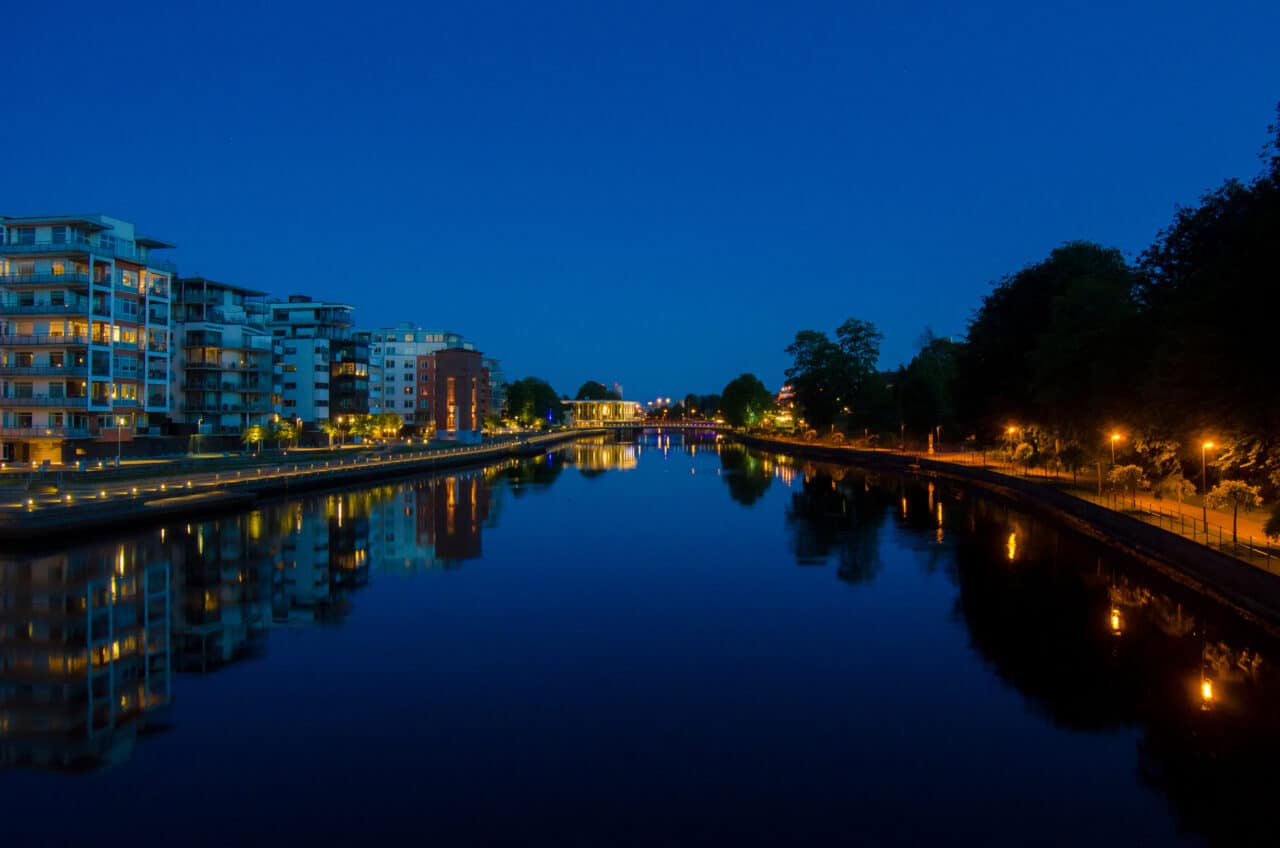
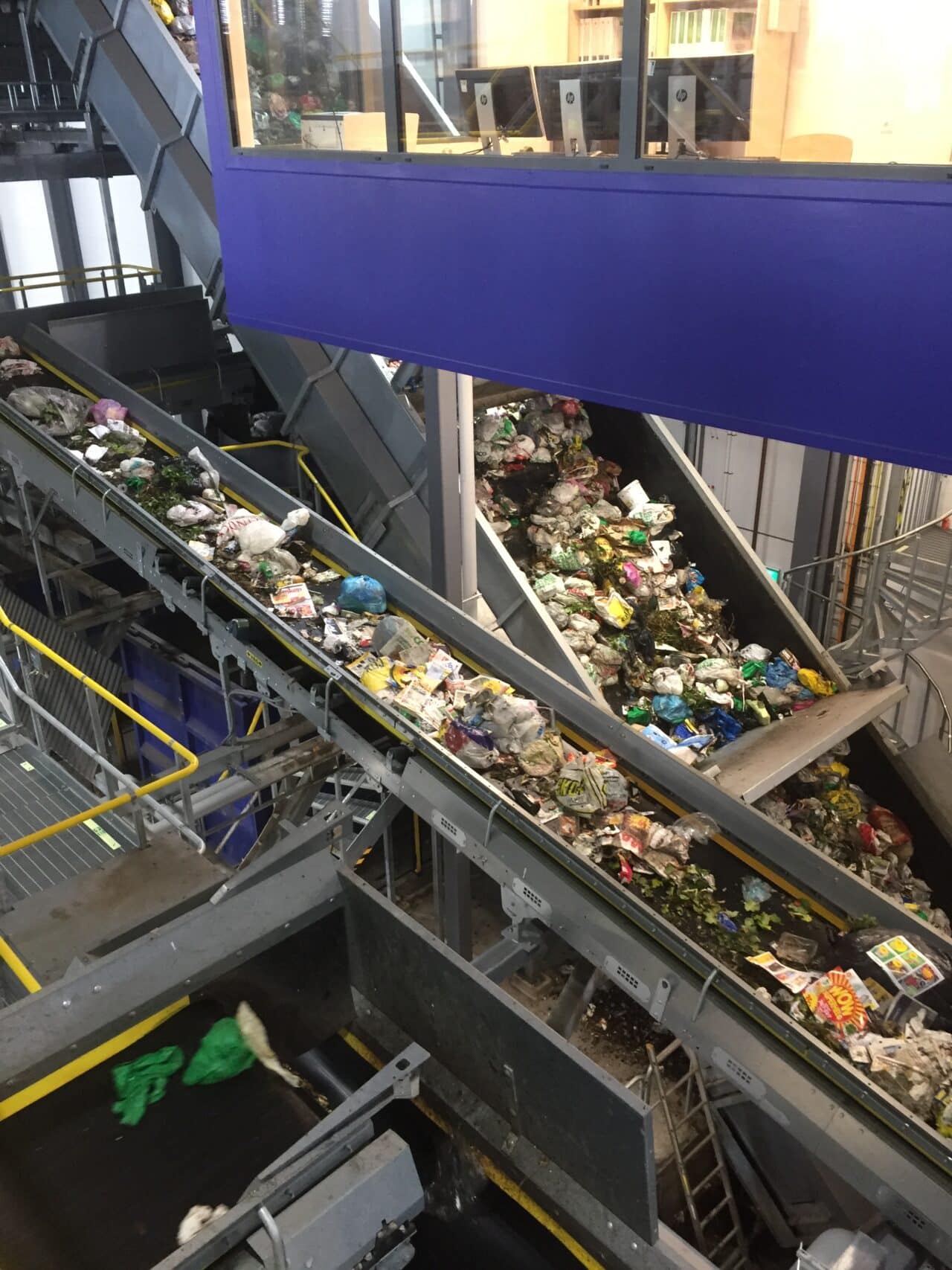
The facility is owned and operated by HEM (Halmstad Energi och Miljö AB). It started with two fractions, food waste and residual waste, but selected pilot areas now sort six fractions: Brown bag: Cardboard, Blue bag: Newspapers, Purple bag: Plastic, Grey bag: Metal, Green bag: Food waste, Colourless bag: Residual waste.
The new, complete building also houses a pre-treatment facility for the sorted food waste, which is converted into biofuel.
The facility is capacity-adjusted for the new collection responsibility for packaging that is transferred to the municipalities.
The hope is to sort out more fractions in the future and to accept waste from more municipalities.
The choice fell upon optical sorting, because it could be introduced with a minimum of efforts for the company and the households
Åsa Montan Halmstad Energi och Miljö AB
To see all our projects, click here.
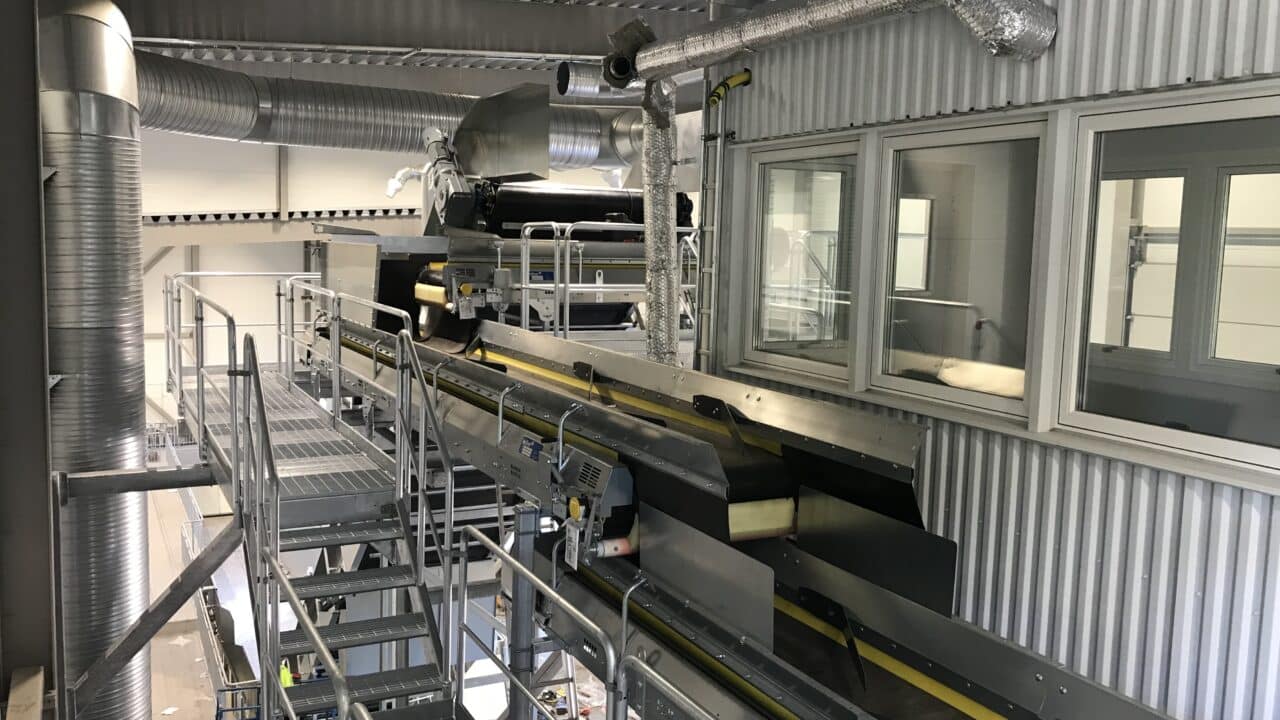
Sorting Ljungby
In Ljungby and Alvesta, more than 27,000 households now sort their waste into colour-coded bags, which are processed at a modern optical sorting facility. Food waste is converted into biogas and biofertiliser, while the other fractions are recycled for a more sustainable society.
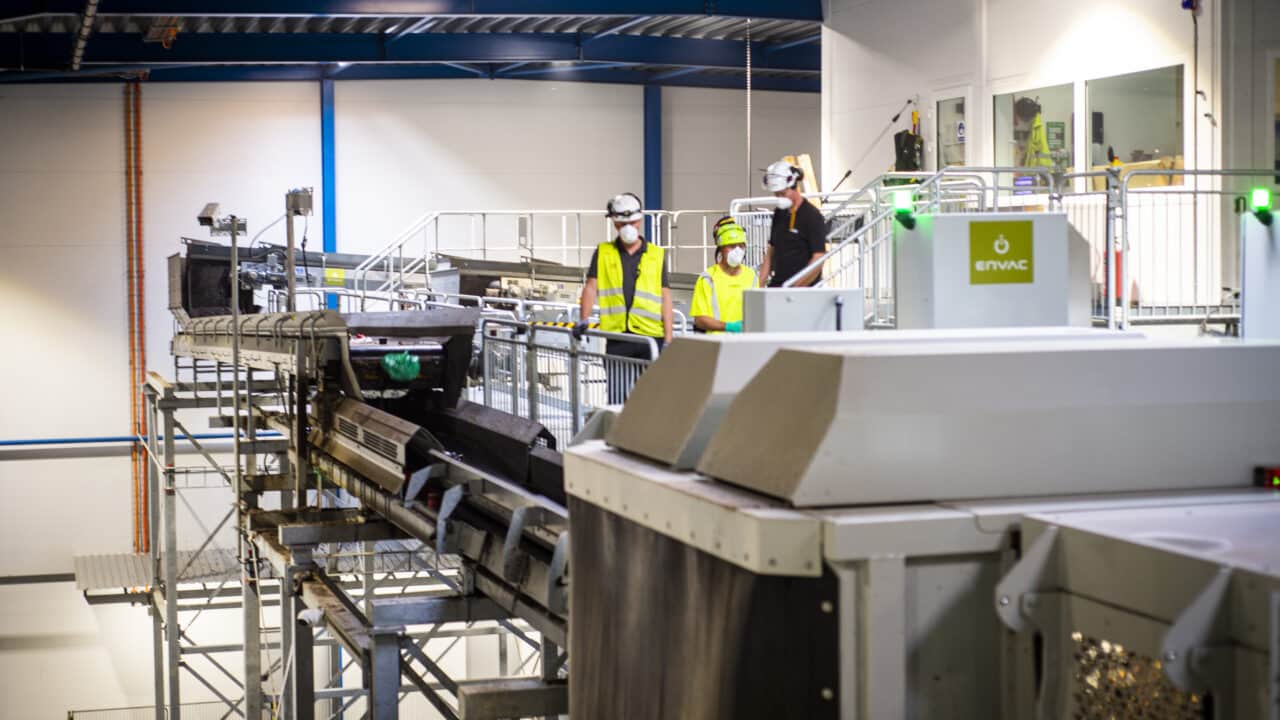
Sorting Aalborg, Denmark
In Aalborg, ~224,000 residents sort their waste into coloured bags, which are processed at Denmark’s first optical sorting facility. The solution makes things easier for households and more cost-effective for the municipality, while also reducing environmental impact.
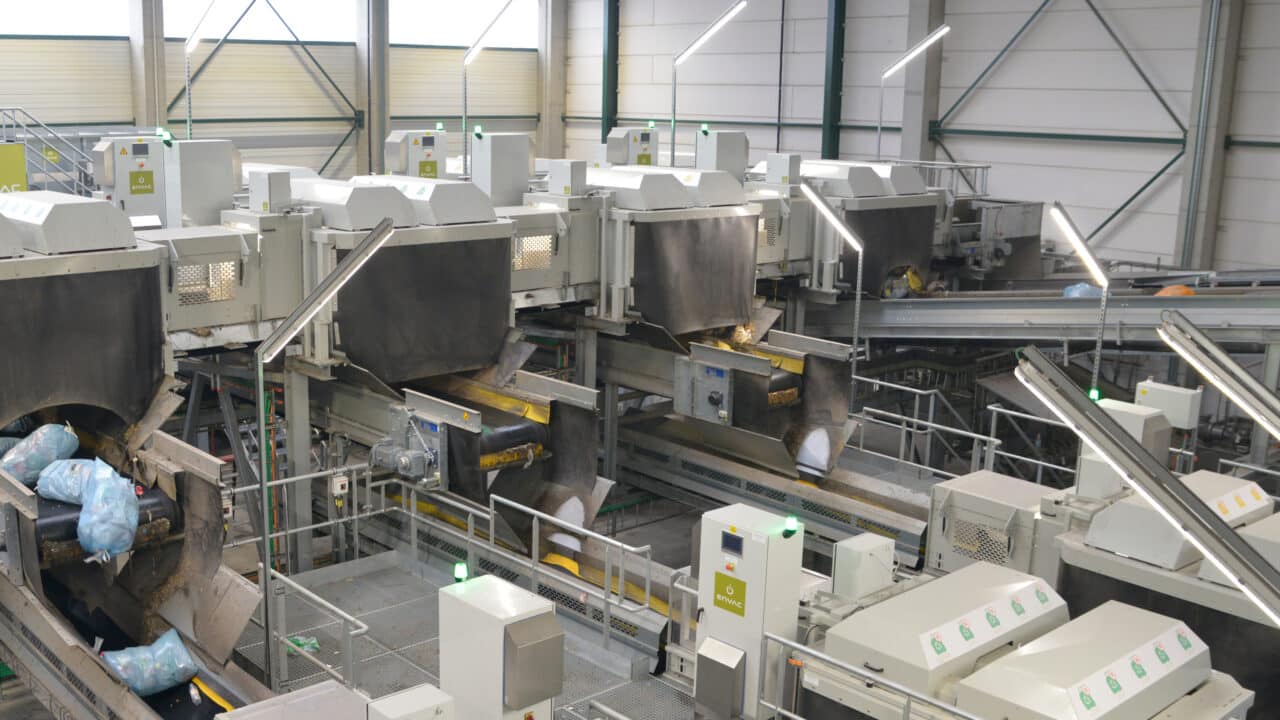
Sorting Biostoom Beringen, Belgium
The Limburg Optimo Sorting Facility was launched in 2022 and services 32 municipalities, enabling smarter sorting for more than 300 000 households. The facility sorts 5 different fractions: food waste, garden waste, textile waste, residual waste and plastic/metal packaging. The facility is built to be flexible and has the option to add 2 more fractions in the future.